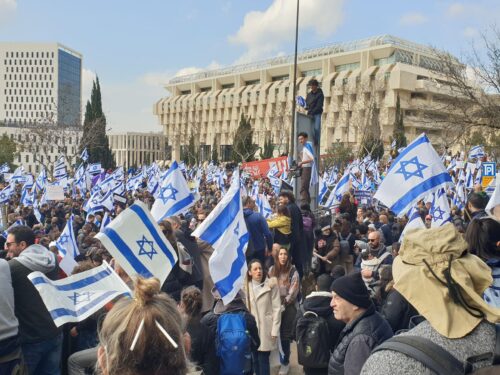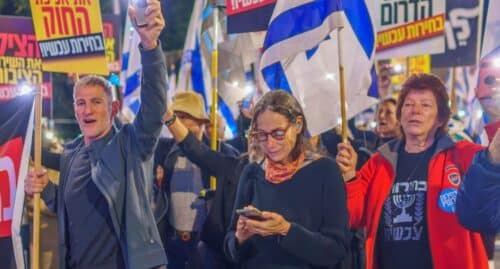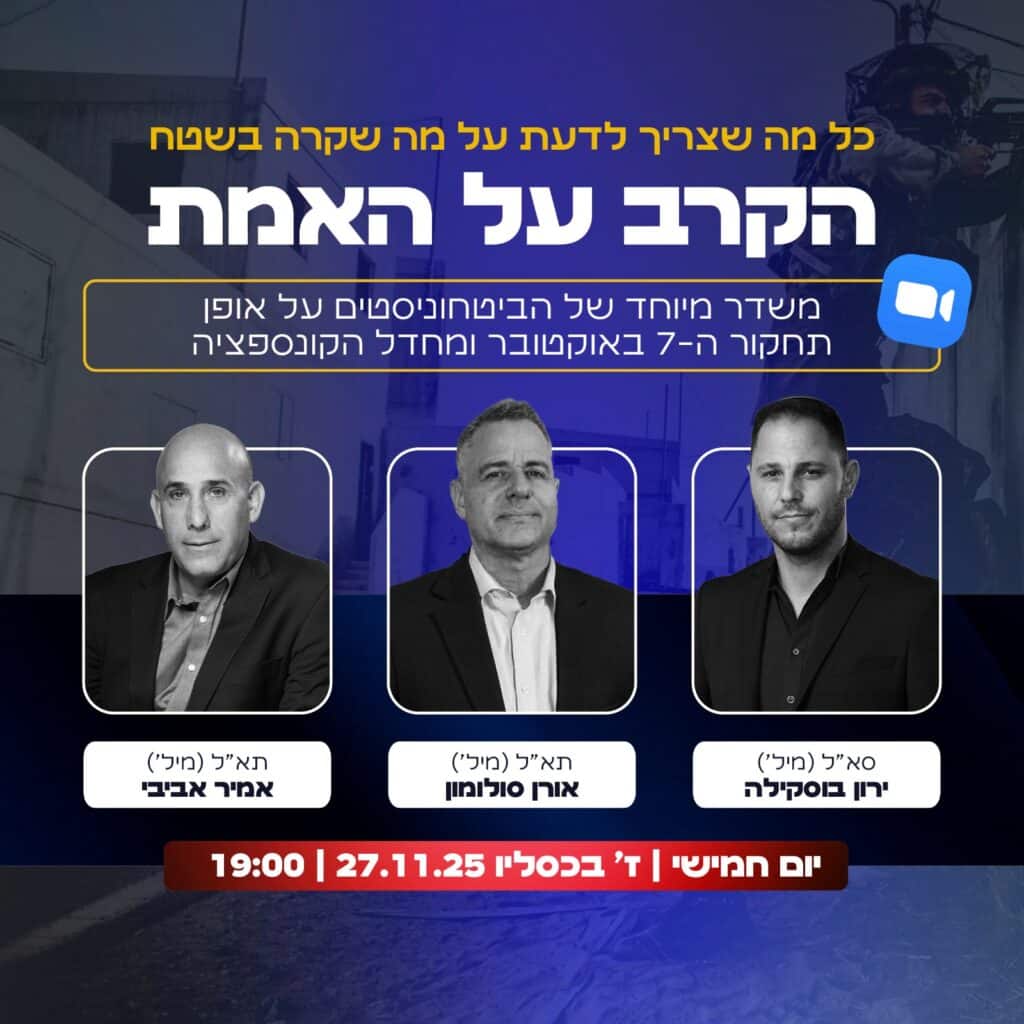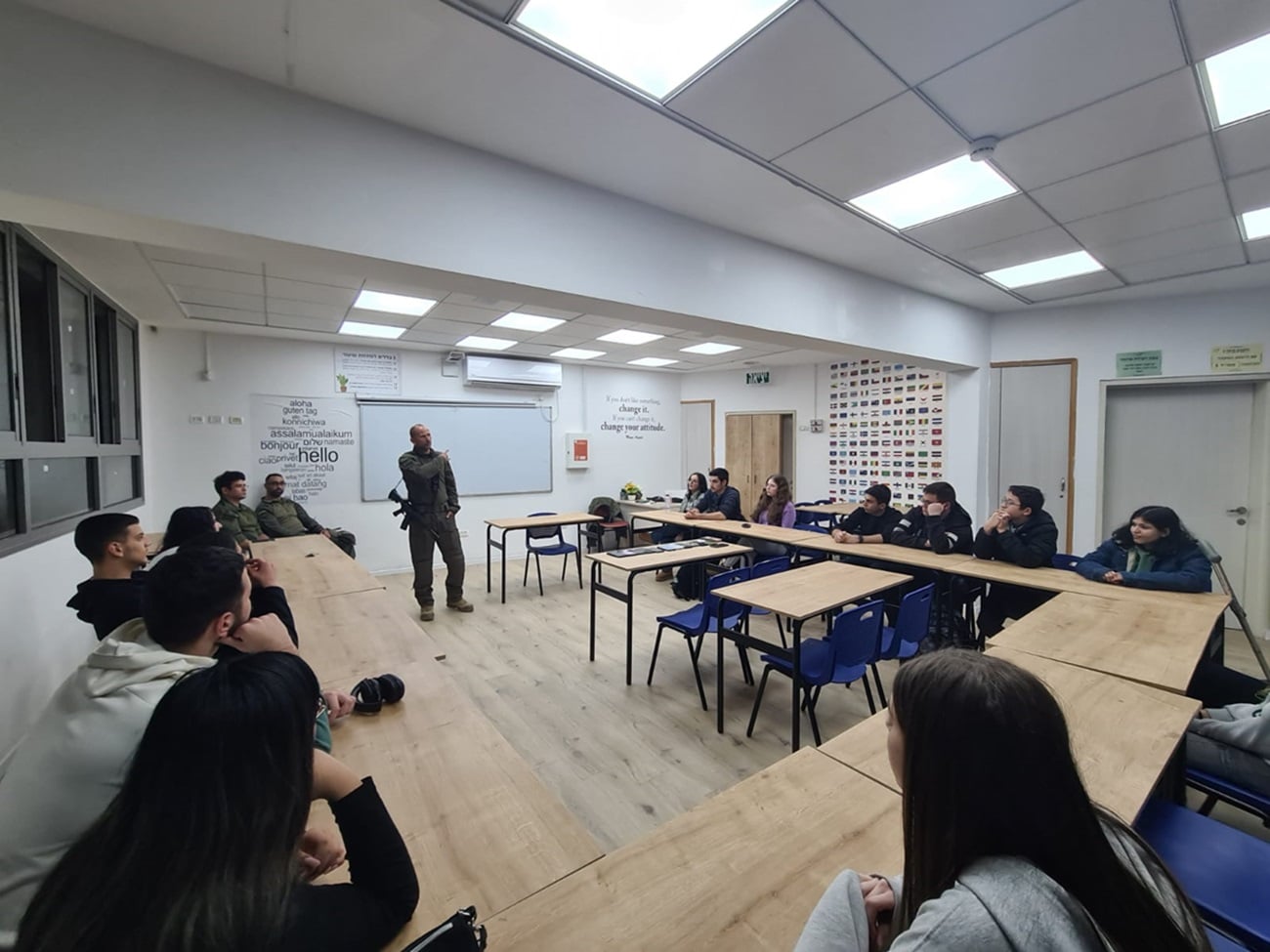
High school and the pre-military prep year provide an opportunity to prepare the next generation for meaningful service in the IDF and, later, to become valuable citizens. Meeting with IDSF members, is designed to supplement the young people with important knowledge, to acquaint them with the country, and to help them understand their personal responsibility as citizens of Israel.
Janusz Korczak, the well-known educator, left us quite a few revolutionary sayings, that have become stepping stones of education, such as “There is no bad child, there is only a child for whom things are bad”. Another quote from Korczak is at the foundation of the educational activity of the IDSF movement: “He who cares for the days, sows wheat, he who cares for the years, sows trees, he who cares for generations, educates people”. As a movement who has made it its goal to maintain Israel’s security for generations, the IDSF works extensively in the field of education, in order to ensure that the next generation of Israelis is raised with a clear Zionist vision, understands the national security challenges the country faces, and recognizes the importance of service in the IDF.
As part of the educational activity of the IDSF, the senior officials of the movement visit high schools and pre-military prep-programs around the country, and give lectures in a variety of fields related to policy, Zionism, security and the military. “The IDSF lectures are always a success”, says the head of the “Shuvu Ahim” (Brothers, Return) pre-military prep-program, Rabbi Tomal Rahamim. “The students are exposed to important knowledge and new points of view, and receive answers to questions that stem from their most personal dilemmas and fears”.
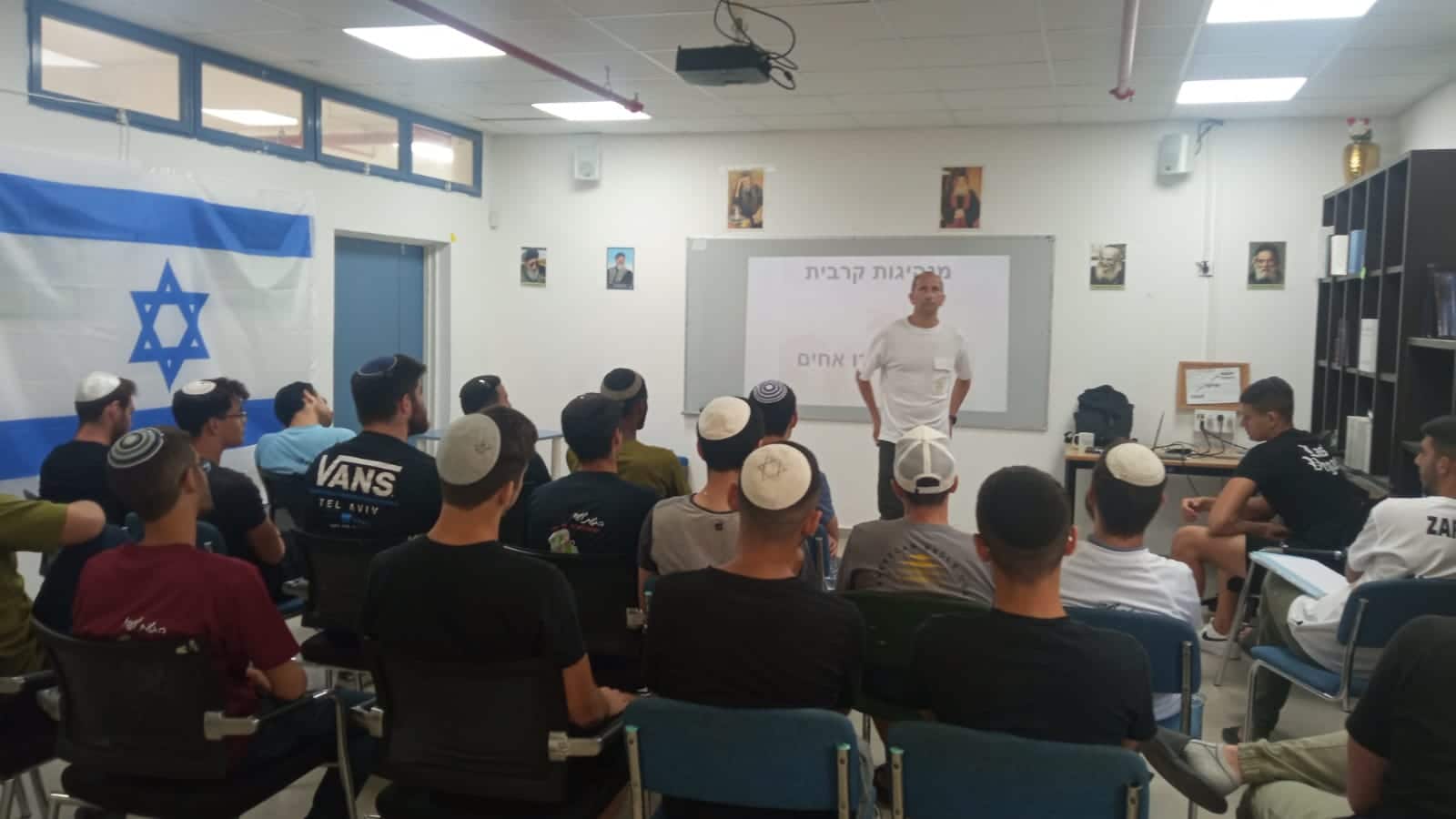
The Educational Activity of the IDSF: An Opportunity to Meet with the Next Generation of Israeli Citizens
In the State of Israel, there are many and diverse active high schools and pre-military programs. Roughly divided, there are secular and religious ones, while in between, there are integrated high schools and pre-military prep-programs in which both worlds meet. Despite their differences, all these institutions are home to young men and women who will constitute the next generation of Israeli citizens.
Due to the realities of life in Israel, the issue of enlistment in the IDF is a prominent topic that shapes both the discourse and extracurricular activities. Some of the principles and teachers even believe that preparation for meaningful service is no less important that preparing students for the Matriculation Exams.
Orin Koreat, a high school English teacher at the Ort secular high school in Naharia, proudly describes how her school educates students towards leadership, Zionism, and meaningful service in the IDF. She herself is not officially a homeroom teacher, but due to her everyday encounter with the students, she believes that she has a great responsibility for their education. This belief causes her to integrate current affairs in the content of her lessons, which are related to Jewish tradition and heritage. “There are students who present amazing knowledge on the topic and there are students who lack basic knowledge, whom I need to work with”, says Orin. “The current reality as individuals and as a society, has placed before us a clear reflection. If, prior to October 7th, many people avoided dealing with the question of their Jewish and Israeli identity, today we understand that this is an issue that we must consider. Long before discussing enlistment in the army, every student in Israel must understand why this country is ours and why we must defend it”.
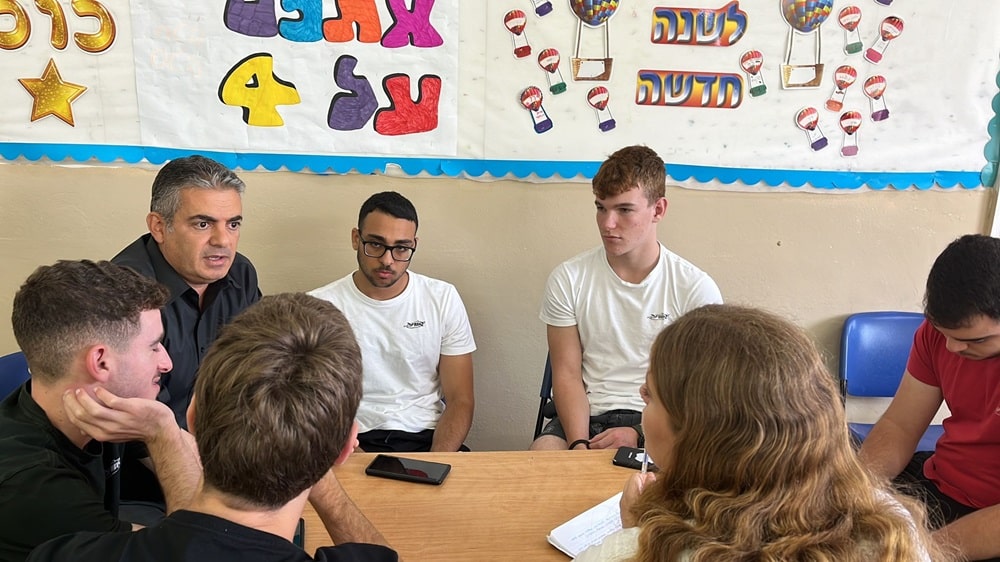
The Motivation Challenge: The Main Difficulties Involved in Preparing for the IDF
The high schools deal mostly with “why”, but the pre-military prep-programs are required to provide answers to the next stage, which is “how”, and better prepare the young men and women in practical ways, for service in the IDF.
The popular assumption is that the youth who attend the pre-military prep-programs are values-driven and with a strong willingness to serve in the IDF. The reality is that this is not always the case. Some individuals who choose to do a prep-year do so precisely because they harbor numerous questions and fears regarding military service, and they need another year to mature, before they put on the uniform. Some of them are not even sure they wish to serve in the military, and use the prep-year to examine their position on the matter. For this reason, places great importance on meeting with students of prep-years. As far as the movement is concerned, these young men and women are at a significant stage of their civic development, and this is an opportunity to provide them with essential knowledge to bridge the gap, to acquaint them with heritage sites across the country, and to help them understand the importance of serving in the IDF and contributing to the country.
The IDSF works with all types of pre-military prep-programs, all around the country. One of these programs that works closely with the movement, is the social-yeshiva pre-military program “Shuvu Ahim”, which is located in Rehovot. This program was established in 2015, after the kidnapping and murder of the three teenage boys Eyal Ifrach, Gil-Ad Shaer and Naftali Frankl, (May God Avenge Them). Together with the wish to remember the boys, the pre-military program has three main goals: Studying Torah, preparing for the IDF and volunteering in society. “Our pre-military program is diverse in as far as its components”, Rabbi Tomal Rahamim, the head of the program explains. “Young men from various areas and backgrounds join our program, and they differ in their abilities and desires. We aspire to encourage each and every one of them to contribute to Israeli society, whatever he can, in the best way”.
Another pre-military prep-program that the IDSF has close ties to, is the “Ruah Nachon” (True Spirit) pre-military prep-program in Jerusalem. “Ruach Nahon” is a pre-military program that integrates religious as well as secular people, both boys and girls. “The encounter between the secular and religious may seem strange to some people, but to me it is utterly natural”, says the head of the program Meni Pirsel. “One of the guiding lines of this program is to bring a wide prism of all kinds of people to the table, with the perception that only from a place of real acquaintance and friendship, can disagreements between people be resolved”.
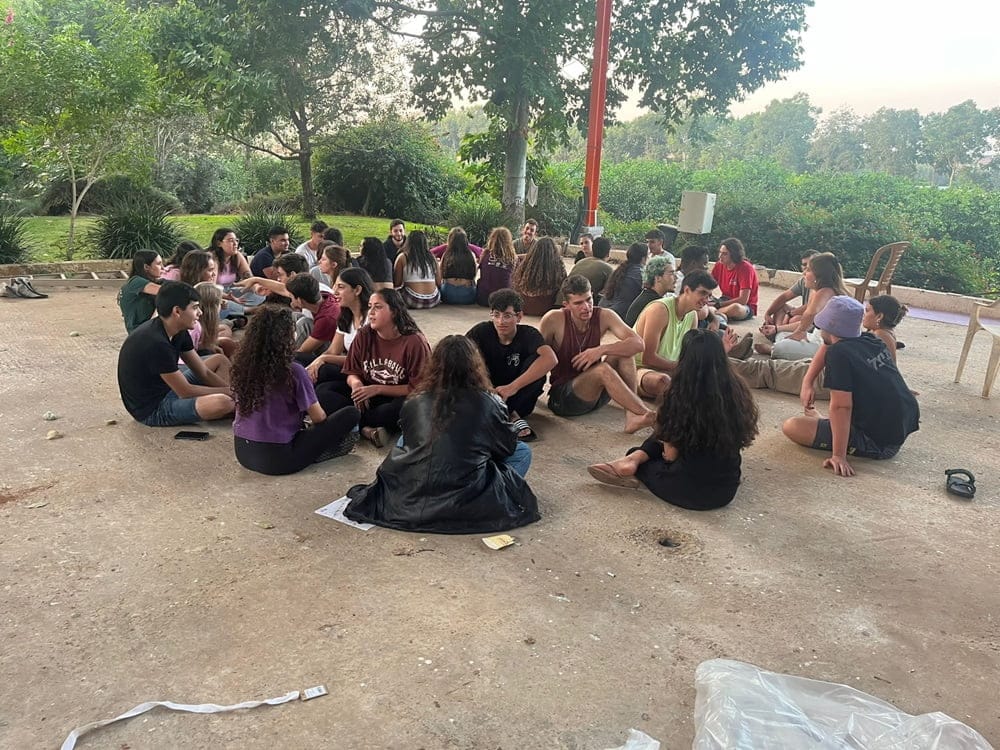
At the “Shuvu Ahim” program as well as the “Ruach Nahon” program, enlistment to the IDF is strongly emphasized, but according to the heads of the programs, it seems that there is a basic gap between the perceptions of the students. Meni Pirsle says that most of the young men and women in his program are highly motivated to serve, and wish to have meaningful roles in the IDF. On the other hand, Rabbi Tomal Rahamim shares that not all the students in his program are interested in meaningful service, and some of them even debate whether or not to serve in the military.
Rabbi Tomal says that he encounters two main types of issues that bother the students in his program, when it comes to military service. The first is the uncertainty in regards to the kind of service they will have to do, and the second is the fear of failure in the various challenges that await them in the military.
Rabbi Tomal admits that the educational staff does not always find it easy to address the issue of preparation for the IDF and the accompanying challenges. One of the main challenges is convincing students, who may not be interested in serving or who try to secure a marginal position, to join the army and choose a meaningful position. Another challenge is maintaining the level of enthusiasm among students who are interested in serving and making an impact. “We see many students who start the year boldly aiming for the highest positions there are”, he says “but over time, their motivation dwindles and they need to be encouraged anew”.
Meni from “Ruah Nachon” stresses that in spite of the strong motivation to serve that is typical to students at his pre-military program, he also encounters difficulties and doubts. “The fears are very individual”, he points out. “There are students who aim for brigade units and are worried that they will not be accepted, other hope to obtain cyber and intelligence roles, and there are those who are mainly worried about the conditions they will serve under – it is all very diverse”.
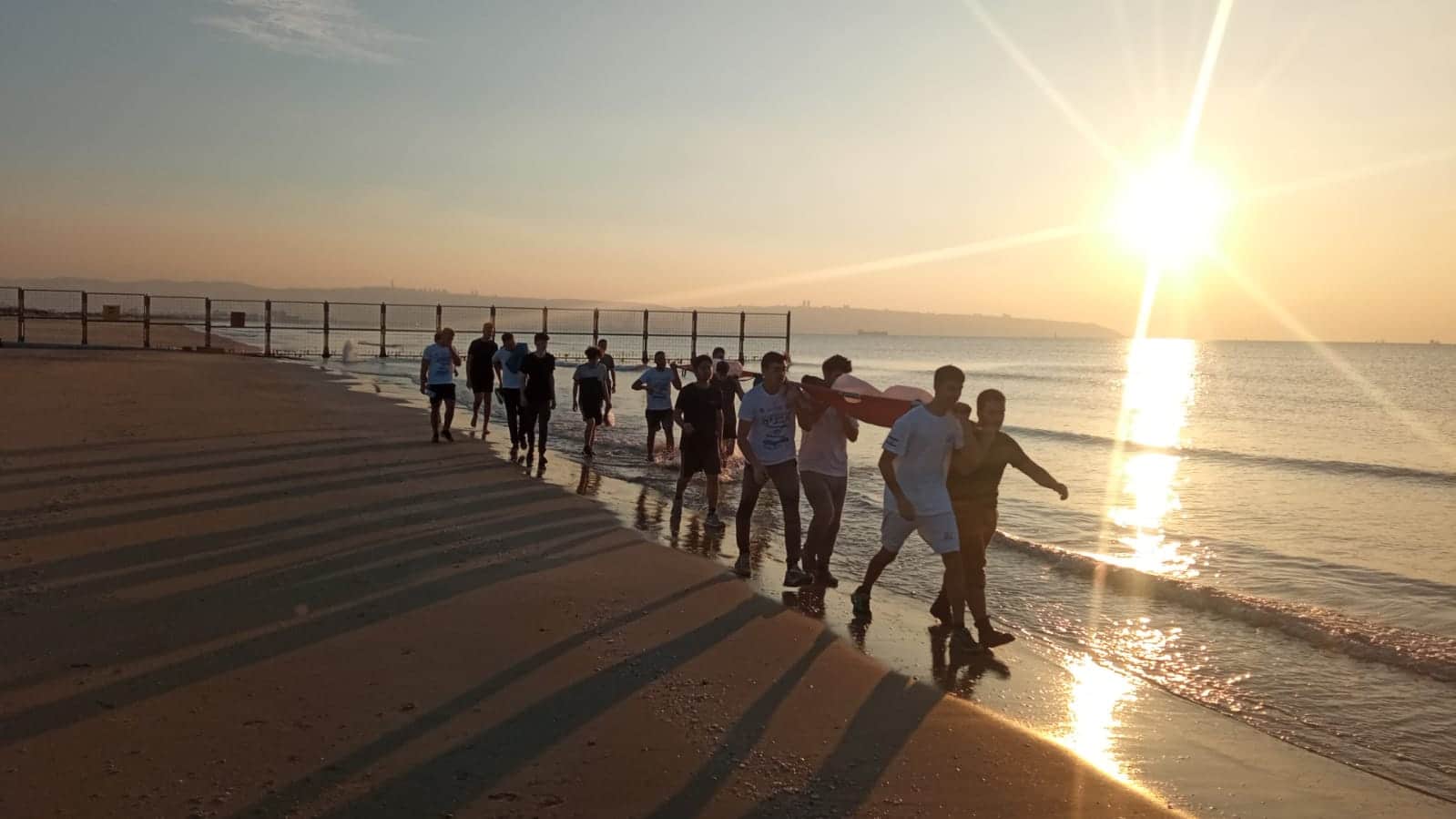
In order to provide answers for every question and issue that bothers them, both pre-military programs make sure to provide the students with as much military knowledge as possible and to prepare them physically for service. Along with physical training, they receive important information through lectures by military and security officers, discussions with graduates of the programs who are currently in military service, and valuable tours of the country. “The lectures and the tours provide the students with a lot of knowledge and understanding. They help them emotionally prepare for military service”, says Rabbi Tomal Rahamim. “I have no doubt that this exposure has an effect on their motivation to serve. I see how students, who stated that they do not wish to join the IDF, change their minds during the year and decide to join and even obtain a significant position”.
To Counter YouTube: The Role of High Schools and Pre-Military Prep-Programs in Building Students’ Knowledge
Preparation for meaningful military service is not the only challenge that faces educators. According to them, the current era also raises much complexity in regards to consuming knowledge. On the one hand, sources of knowledge are plentiful and more accessible compared to the past; on the other hand, it is challenging to select the correct data and construct a comprehensive and accurate picture of reality. In addition to the information overload, there is another issue related to the functioning of the formal educational system. “The educational system is based on a unified system of learning, and when teenagers are so different, there is not chance that this system is suitable to everyone”, states Meni Pirsle. “In addition, the system doesn’t prepare the youth for adult life. I see kids who are wonderful, but do not understand the basics in economy and civics. They are also not exposed to Zionist content, and most of them – both secular and religious – do not know Israel’s heritage or the history of the people of Israel. When I talk to them about the Zionist Movement, at best they know the initials of NILI”.
Rabbi Tomal Rahamim from “Shuvu Ahim” paints a similar picture. “I am always telling students that they have a serious lack of knowledge, but I actually see this as an opportunity to expose them to a new world of terms that they did not know, and that they are supposed to know. Even the students themselves realize that they do not understand, and that encourages them to invest themselves and delve deeper. They conduct research not only on Torah matters but also on topics related to the ancient and recent history of the people of Israel.
The educators also address the influence of social media on the younger generation, noting that one of their main roles is to counter the narratives found in social media and other various sources. “Our students are hungry for knowledge, but it is hard for them to obtain it”, says Rabbi Tomal. “They seek answers in places such as YouTube, and are thus exposed to mistaken or superficial messages that do not reflect the complexity that actually exists. “It is our responsibility to provide the students with tools to select what is right and what is wrong, to build for them a world of Jewish and Israeli values, and to encourage them to stick to these values”.
Meni agrees that social media constitutes quite a challenge, but also brings up another problem. “Social media mostly influences the ability of young people to concentrate”, he deems. “Most of my students are unable to sit through an entire hour-long class and listen attentively. They have to go out, to move, to do something while class is ongoing – these are characteristics of addiction, and most of them also admit to it. However, you cannot blame social media for everything. A person can be addicted to Tik-Tok and still be a person with values.”.
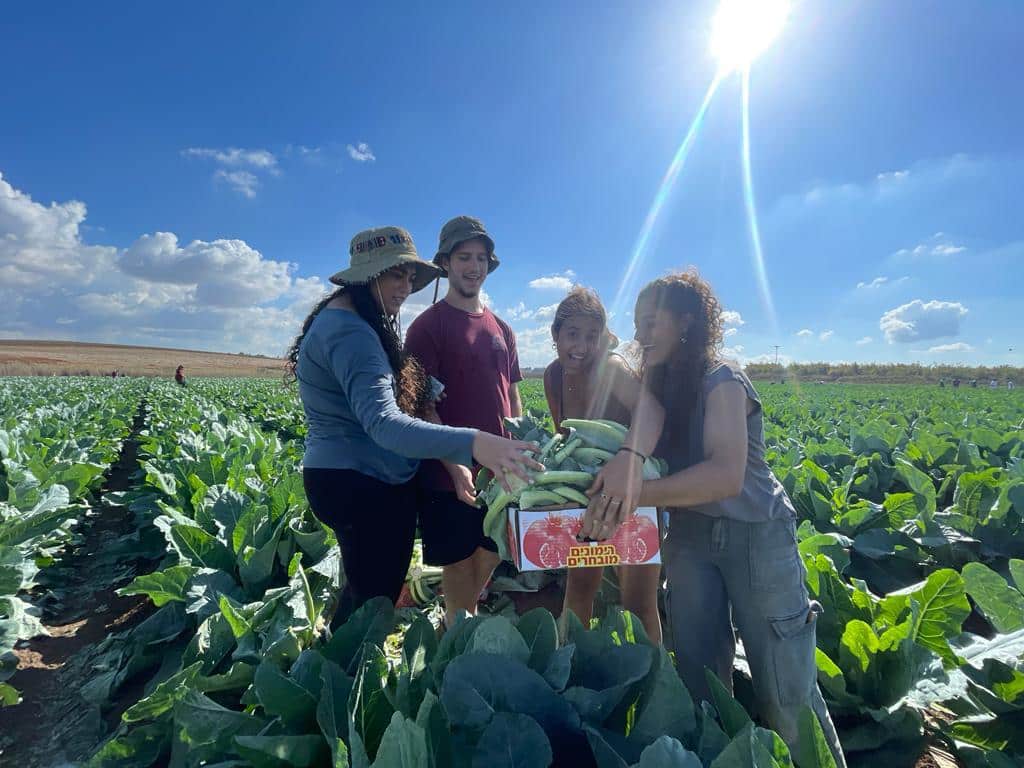
The IDSF Lecture: A Significant Stage Towards Encouraging Enlistment
The educational activity of the IDSF provides answers to all the challenges that were pointed out by the educators and to many other. The IDSF offers high schools and pre-military prep-programs, diversified lectures, heritage tours and meetings with senior officials of the security apparatus.
“We invite many organizations and lecturers to the pre-military program, in order to provide the students with a wide perspective, and the IDSF lectures always stand out for the excellent feedback they receive”, says Meni Pirsle. “The students are so happy with these lectures that we are thinking of allotting two set weekly times slots next year designated to lecturers from the IDSF”.
“The IDSF does such important work”, says Orin Koreat of Ort Shehakim High School. “The movement’s idea is amazing and these people who do the work are special and are only looking to do good. The lecture was very interesting and it was fun to watch the students participate, ask questions and speak from their hearts”. Orin is sure that this lecture had an effect on the students. “Each such activity sharpens the students’ understanding of who we are and what we are doing here”, she says. “Even if they did not listen to the whole lecture, they got some details that strengthened them. True, you don’t get wet from just one drop, but from many drops you get soaked”.
Rabbi Tomal Rahamim is also pleased with the collaboration with the movement. “We decided to invite the IDSF three years ago because we resonated with the movement’s agenda, and we found it intriguing”, he says. “I am happy to say that the lectures outdid our expectations. The students loved it, and since then we have been coordinating many lectures and tours”. According to Rabby Tomal, the diverse activities of the IDSF have also made an impact on the field. “I’m not suggesting that the lectures caused an immediate transformation, where a student who previously had no interest in joining the IDF suddenly wants to enlist in the Special Forces after just one lecture. However, there’s no denying that they represent a significant step towards fostering enthusiasm for IDF enlistment”, he says. “In today’s reality, where there’s an abundance of opinions and perceptions that may undermine our nation, it’s beneficial to have a movement like the IDSF that presents a clear stance, reinforcing the Israeli public”.
-
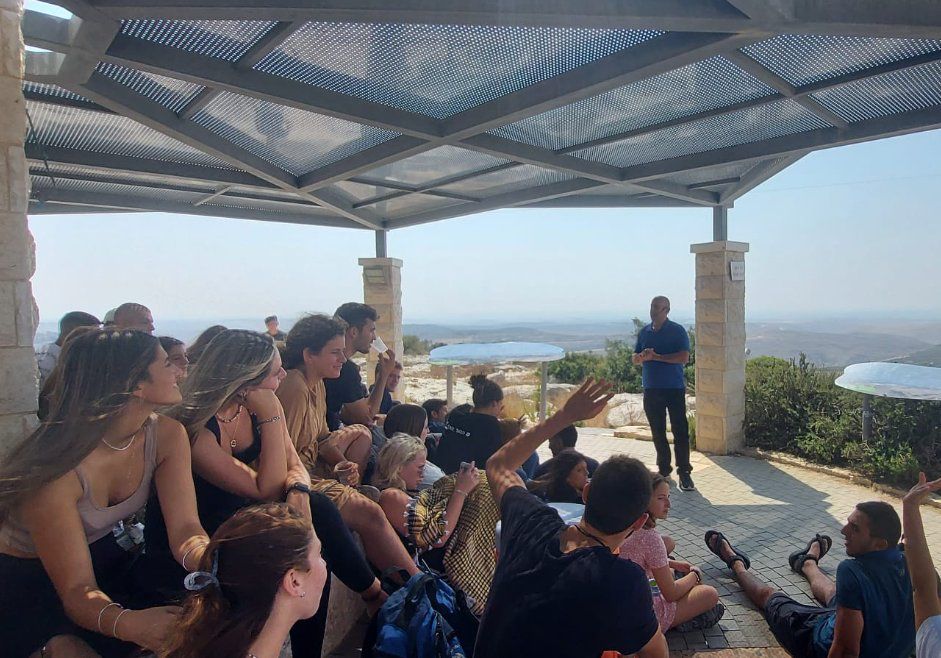
An IDSF heritage tour designed for young men and women preparing to enlist in the army




